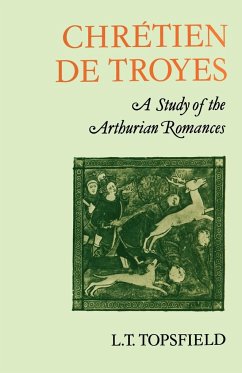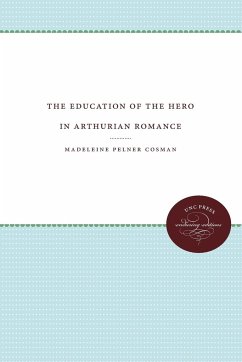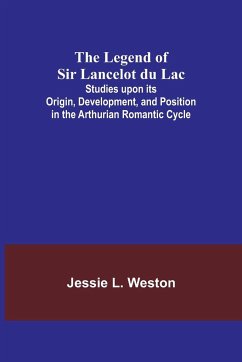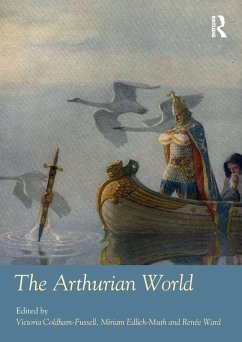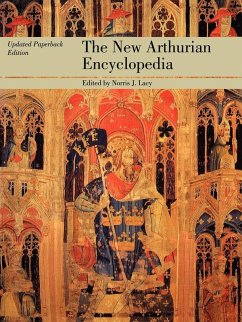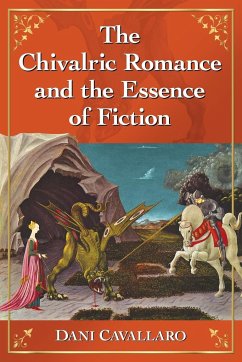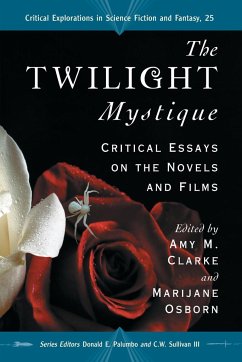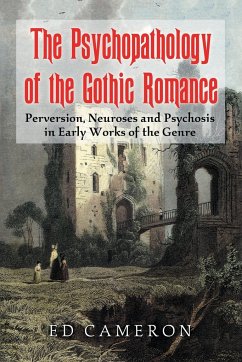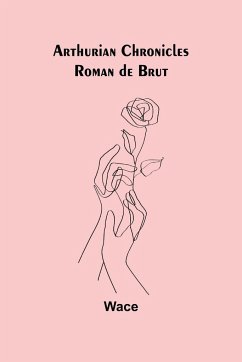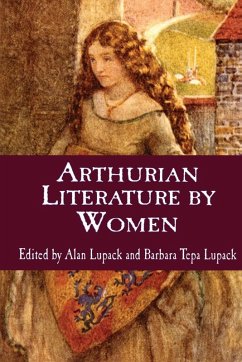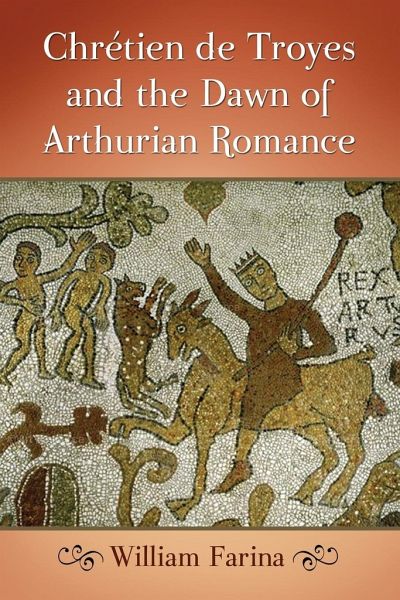
Chretien de Troyes and the Dawn of Arthurian Romance
Versandkostenfrei!
Versandfertig in 1-2 Wochen
34,99 €
inkl. MwSt.

PAYBACK Punkte
17 °P sammeln!
During the late 12th century, the Arthurian legends first took their form in the imagination of French-speaking romancers. Foremost among these poets was the great Chretien de Troyes, credited with incorporating into the Arthurian tradition the quest for the Holy Grail and the adulterous affair between Lancelot and Guinevere. This critical text explores the French roots of the legends and the source material of the individual characters, with special attention to the creative role played by de Troyes, whose contribution to the saga continues to shape and inform the modern imagination.



